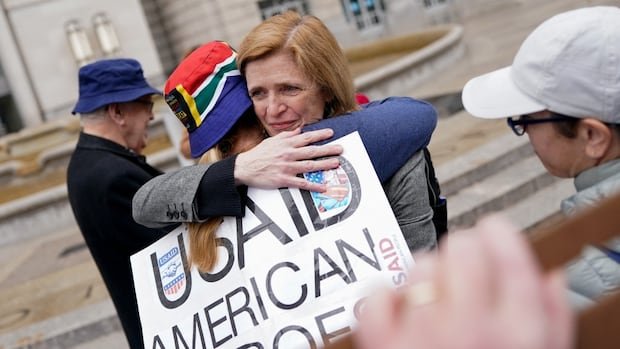The U.S. State Department is set to dispose of approximately $13.2 million worth of women’s contraceptives despite offers from various aid organizations to distribute the supplies for free. The contraceptives, including different birth control methods, were meant for family planning initiatives in low-income African countries. These supplies have been stored in a warehouse in Belgium for months following the suspension of most foreign aid by President Donald Trump’s administration in January.
MSI Reproductive Choices, a global reproductive health entity based in the U.K., proposed taking the contraceptives and providing them to those in need without cost to the government. However, their offer was declined, indicating an ideological stance according to Sarah Shaw, MSI’s advocacy director. The United Nations’ sexual and reproductive health agency, UNFPA, also attempted to purchase the contraceptives outright but faced rejection.
The U.S. State Department has not responded to inquiries from CBC. Spokesperson Tommy Pigott mentioned that the government is still deliberating on the way forward. The contraceptives, valued at $9.7 million US, were formerly under the United States Agency for International Development (USAID), which the Trump administration has shut down.
Pigott stated during a press briefing that the contraceptives in question do not include condoms or HIV medication but rather specific products acquired under the previous administration that could potentially be abortifacients. Nonetheless, aid agencies and media sources argue that the contraceptives are for preventing unwanted pregnancies, not terminating them.
The Belgian foreign ministry mentioned that despite efforts to explore alternatives, including temporary relocation, no viable solution could be found to avert the destruction of the contraceptives. France has expressed support for Belgium’s endeavor to prevent the disposal of the contraceptives, highlighting the importance of defending sexual health and reproductive rights as a foreign policy priority.
Doctors Without Borders in the U.S., represented by CEO Avril Benoît, condemned the plan to destroy the contraceptives as a detrimental act against women and girls globally. Benoît emphasized the critical role of contraceptives in safeguarding women’s health and well-being. Shaw echoed this sentiment, emphasizing the significance of investing in family planning for development and the adverse impact of such decisions on African women.

